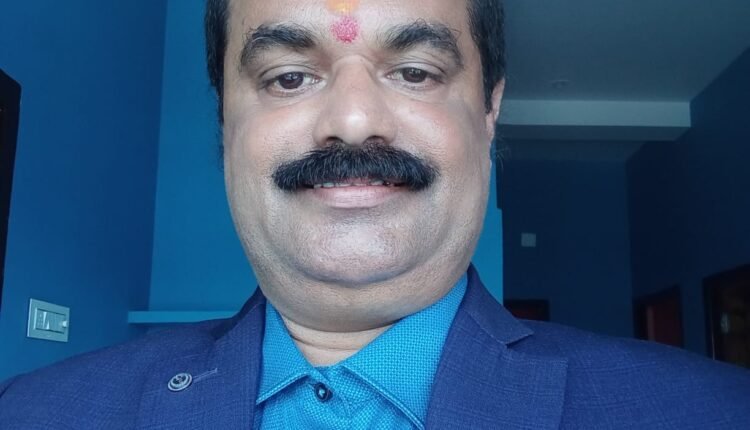Mohandas Karamchand Gandhi, also called Mahatma Gandhi, is the father of our nation. He was a freedom fighter, national leader, and social reformer who worked tirelessly to make India independent. Famous poet Rabindranath Tagore gave him the title of Mahatma. In Sanskrit, ‘Mahatma’ means ‘Great Soul’. He was given this name for his non-violent approach to the freedom movement, contributions to social reform, and convictions to lead a simple life. Since his time, Gandhiji and his philosophy have inspired all social reform movements. Mahatma Gandhi, aka Mohandas Karamchand Gandhi, was born on 2 October 1869 in the small town of Porbandar, Gujarat. His father, Karamchand Uttamchand Gandhi, was the Diwan of Porbandar and Rajkot and also a court official in Porbandar. Born to a religious woman, Putlibai Gandhi, Mahatma Gandhi became one of the top representatives in India’s struggle for independence from British colonial rule, known for his philosophy of non-violence (Ahimsa) and civil disobedience. Gandhiji was raised with simplicity, although he was from an affluent family. He was a firm believer in non-violence, which was reflected in his approach to anything he did. Gandhiji went to England in 1888 to study law and become a barrister. After Gandhiji moved to Africa as a lawyer, he soon quit his profession to join the local people in their struggle against European oppression. He spent 20 years fighting discrimination in South Africa before returning to India. The people who followed him loved his ideology of ‘Ahimsa‘ or non-violence. He realised early on that there was a great force in the philosophy of non-violence at a mass level for the freedom movement. He believed in self-reliance and made his clothes, which started the ‘Khadi movement’. He urged Indians to boycott foreign products and make their own to increase self-reliance. The British put him in jail many times because of his strong stand. His efforts, combined with the sacrifices of all freedom fighters, were successful, and India gained independence. Mahatma Gandhi and his non-violent approach have been appreciated throughout history, and he became a global role model. His legacy extends beyond India’s borders, inspiring worldwide movements for civil rights, freedom, and social change. Bapu’s teachings and practices continue to be a model of inspiration for those advocating peace, justice, and human rights. He will continue inspiring people everywhere to build a better and more just world for generations. Gandhiji’s philosophy of non-violence (Ahimsa) and peaceful protests have a profound influence on leaders across the world. Martin Luther King Jr. Adopted Gandhiji’s principles to fight against racial segregation and discrimination peacefully in the United States. Similarly, Nelson Mandela from South Africa took inspiration from Mahatma Gandhi’s principles to seek justice against apartheid and racial oppression. Nobel laureate Aung San Suu Kyi took Gandhi’s non-violence philosophy as a role model for her campaign for democratic reforms and human rights. Other world leaders who took inspiration from Mahatma Gandhi include Desmond Tutu (South Africa), Lech Wałęsa (Poland), Cesar Chavez (USA), and More.
Manas ranjan Tripathy

